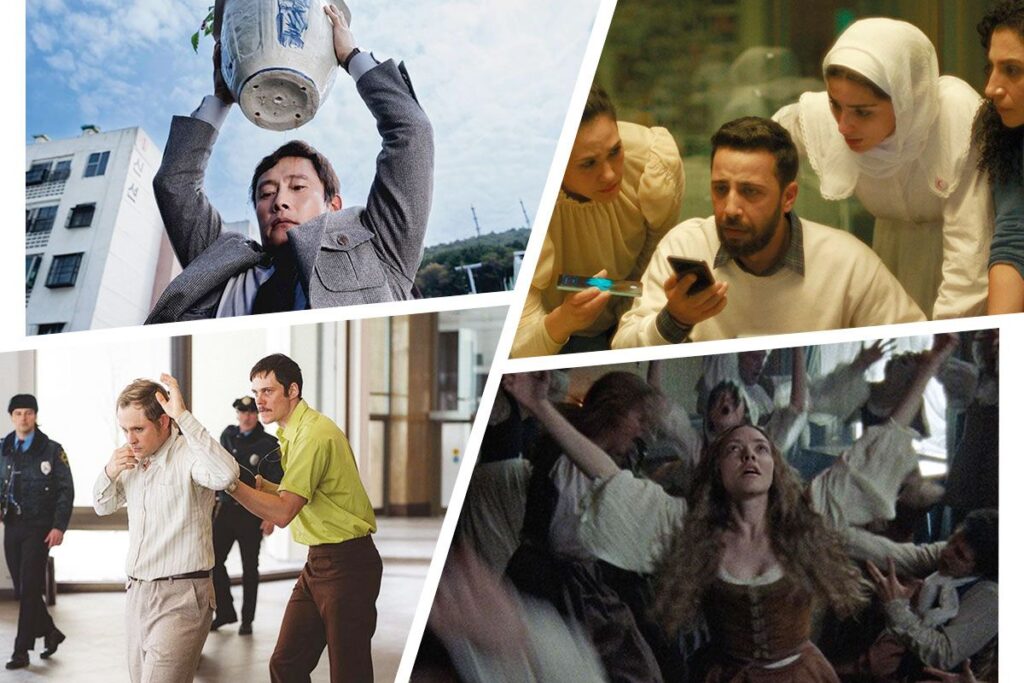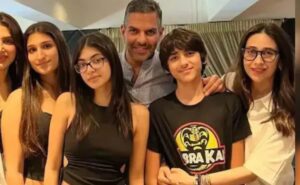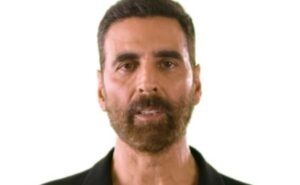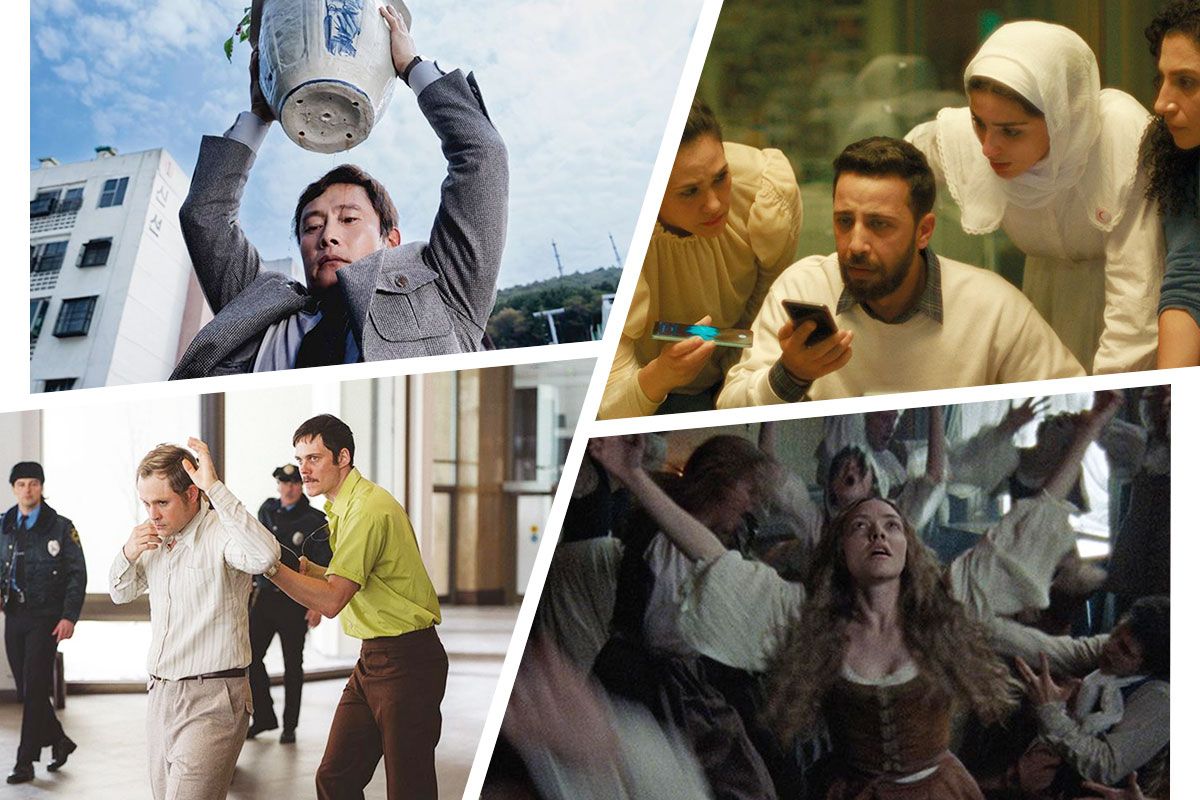
The critical consensus on this year’s Venice Film Festival has been that it’s one of the weaker line-ups in recent memory. I would wait to pass judgment on that; cinema history is full of dismissive takes on festival lineups that later turned out to be filled with bangers. Anticipation can be a double-edged sword; a movie you’ve been dying to see will sometimes disappoint you simply for being different. All I can say is that I saw a number of pictures I loved, many of which were already on my most anticipated list, and some of which I’m sure will stand the test of time. There were even some titles I mostly enjoyed that didn’t even make this final list. But here are my choices for the best films at this year’s Venice Film Festival.
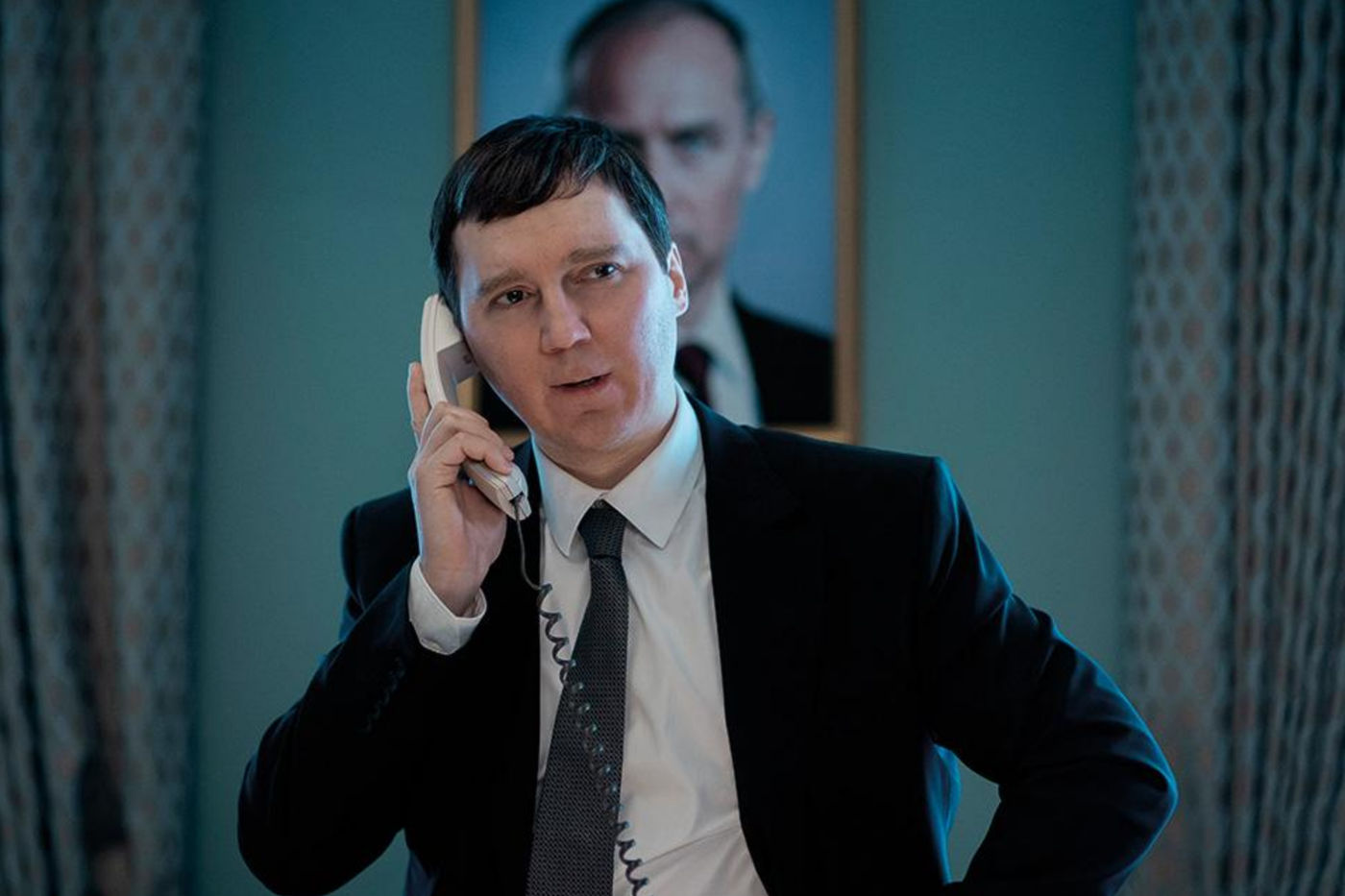
Olivier Assayas’s epic tale of Russia in the 21st century follows the efforts of a lightly fictionalized playwright, media man, and political guru (a creepily placid Paul Dano) who helps bring intelligence official Vladmir Putin (a very good Jude Law) to power and does all he can to keep him there. He manipulates the news, makes up stories, sows discontent, and partners with the most extreme elements of society to keep his man in office. As the film sprints through some of the defining incidents of the post-Soviet era, we see a country that was newly alive with freedom and possibility close itself off and fall into murderous dictatorship, all in the name of security. Surely nothing like that can happen anywhere else.
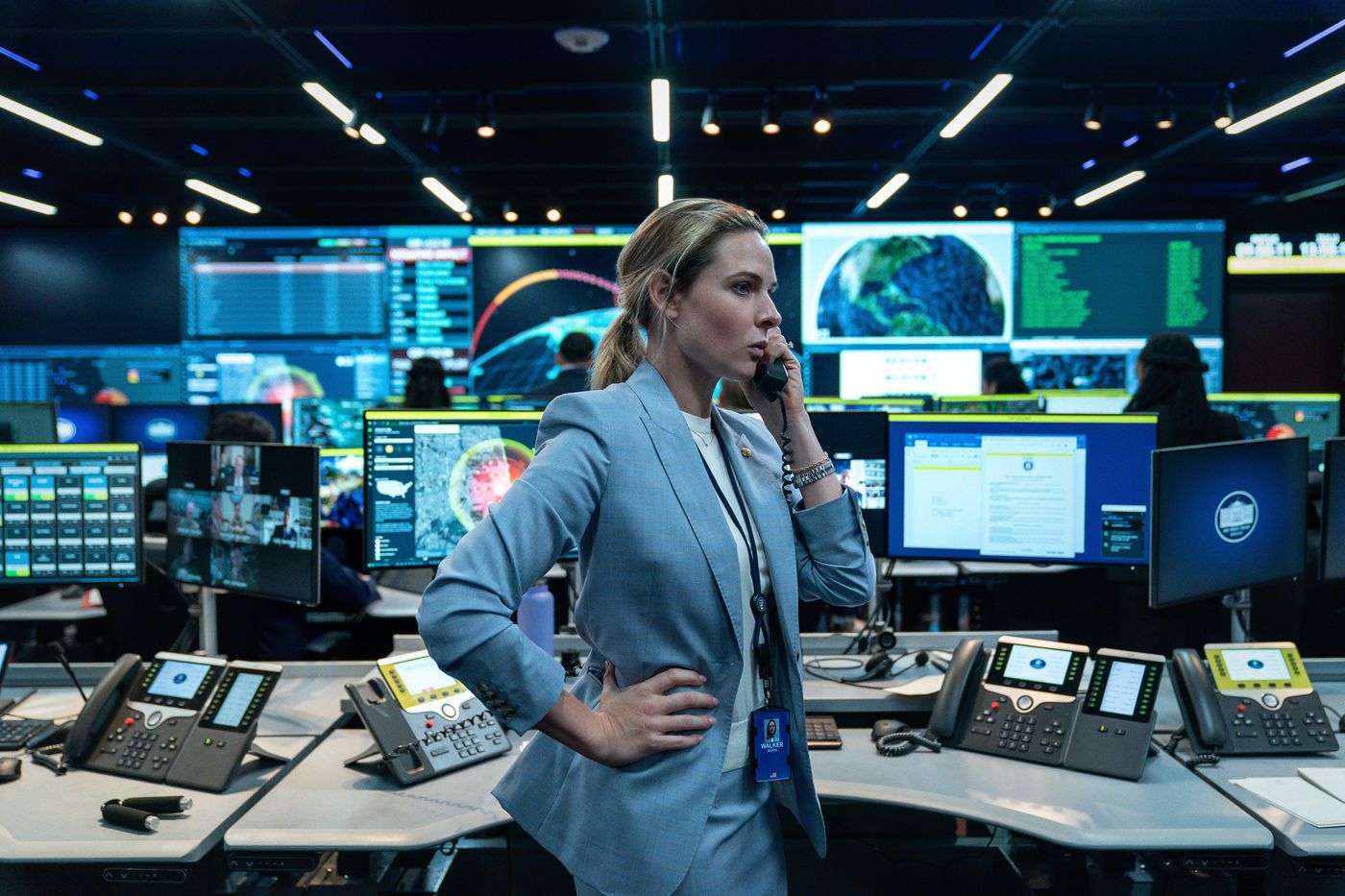
Kathryn Bigelow’s unbearably intense and riveting new thriller follows various levels of the United States national security apparatus as it springs into action when a mysterious nuclear missile headed for Chicago is launched from an unknown source. The story unfolds in three distinct chapters as the crisis goes up the chain of command, with each part of the film showing how all our systems and technology are ultimately meaningless in the face of such destructive power. The movie has a compelling action thriller surface — boy, does it — but at heart it’s a harrowing cry of rage at the ongoing (and, some might say, growing) threat of nuclear devastation. The “house of dynamite” of the title refers to our entire planet in the age of nuclear proliferation.
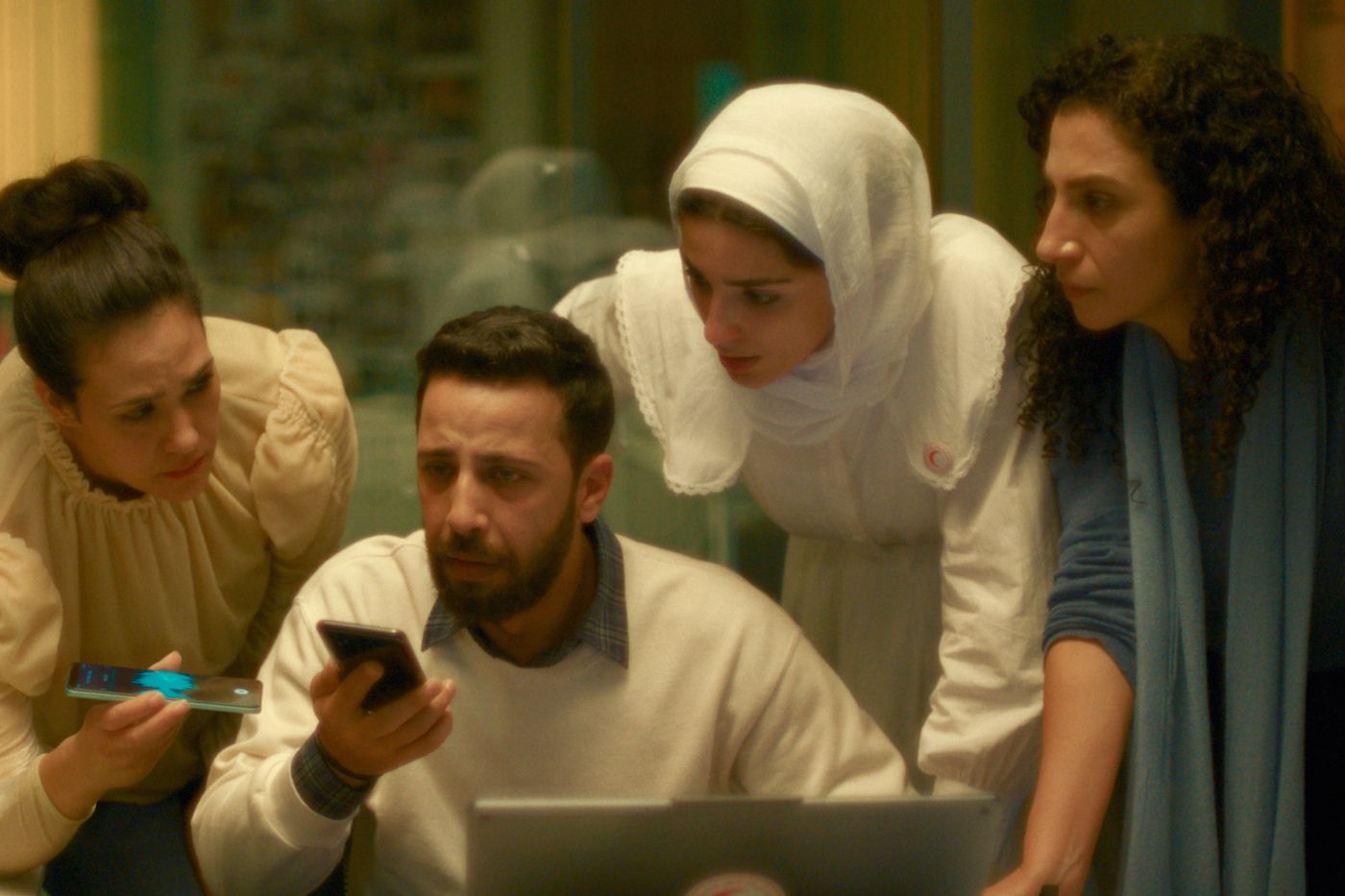
The most explosive film at this year’s festival belongs to Tunisian director Kaouther Ben Hania, who portrays the Israeli army’s 2024 killing of a six-year-old Palestinian girl by recreating the Red Crescent emergency call center where her wrenching calls for help were received. With permission from the families, the director uses the real audio recordings of Hind Rajab’s voice, as well as the real audio of the rescue workers on the ground, who were also killed. It’s a gambit charged with immediacy as well as questions about the lines between narrative and non-fiction, but Ben Hania’s formal approach highlights the world’s helplessness in the face of such profound cruelty. By keeping her action confined to one location, the director shows us people responding with professionalism and care to a situation that they are ultimately unable to resolve. At times, we also hear and see real audio and footage of these call center volunteers, as we watch the actors listen to them, thus turning their helplessness into an existential hall of mirrors. The film won this year’s Silver Lion Grand Jury Prize.
Below the Clouds
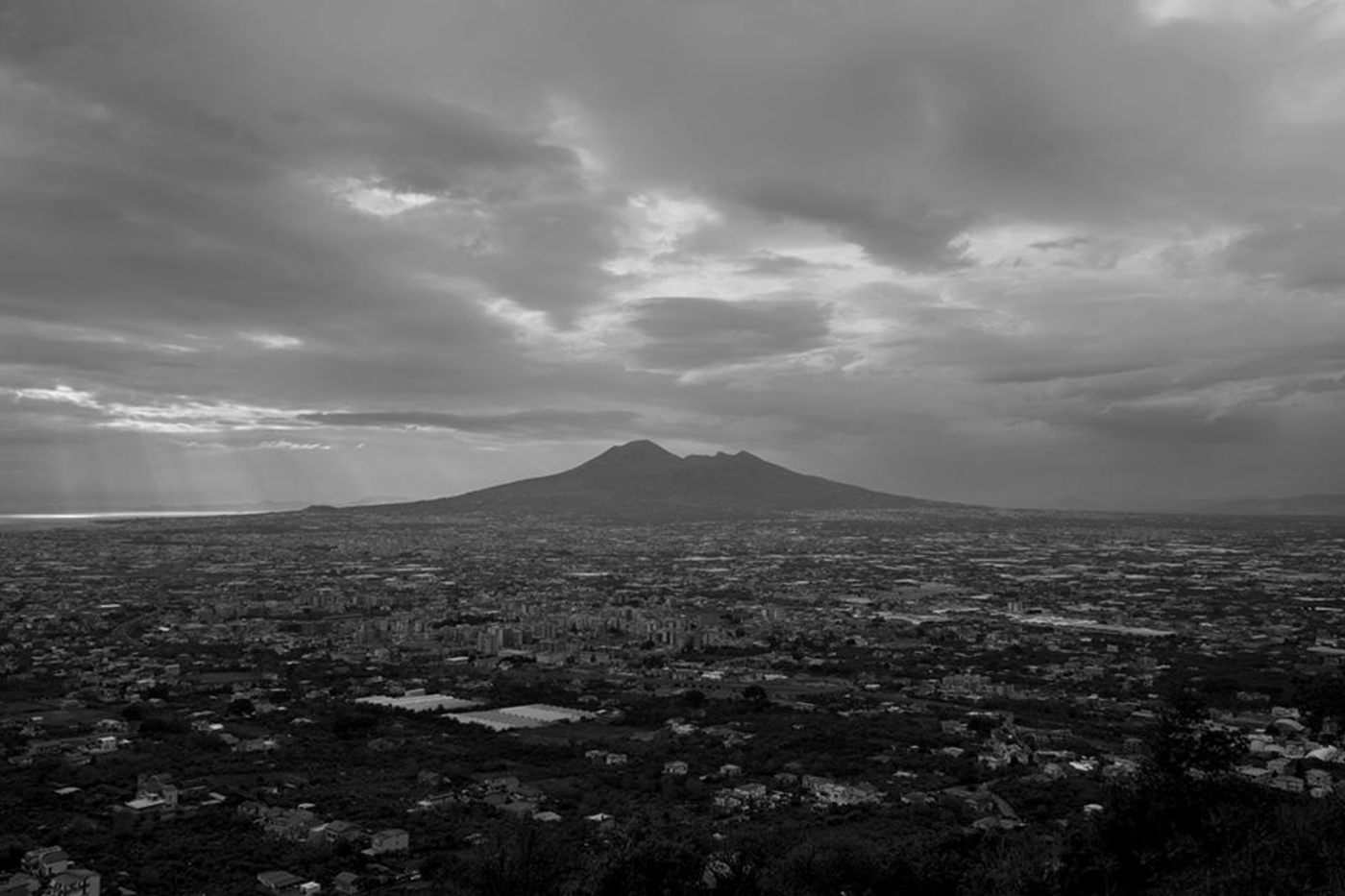
Gianfranco Rosi makes immersive, beautifully shot documentaries that avoid conventional non-fiction storytelling and instead focus on places — a town, a city, a highway. His latest centers around the city of Naples and the nearby ruins of Pompeii and Herculaneum. His gives us a number of different strands: the archeological ruins of the ancient dead towns; the subterranean treasures plundered for years by grave robbers; the Syrian ships that bring grain from the war-torn ports of Ukraine; children of varying ages who attend a kindly old librarian’s post-school study hall, where their curiosity is encouraged; the emergency call centers that light up whenever an earthquake or fire pops up (both regular occurrences); an abandoned cinema, a historic ruin of a different sort, where images of classic films about Naples and Pompeii play to empty, devastated rooms. It’s artful, but not inaccessible: The director’s approach is not cold or overtly experimental. Rather, his patience, curiosity, and remarkable eye turn his meditations into massive emotional frescos.
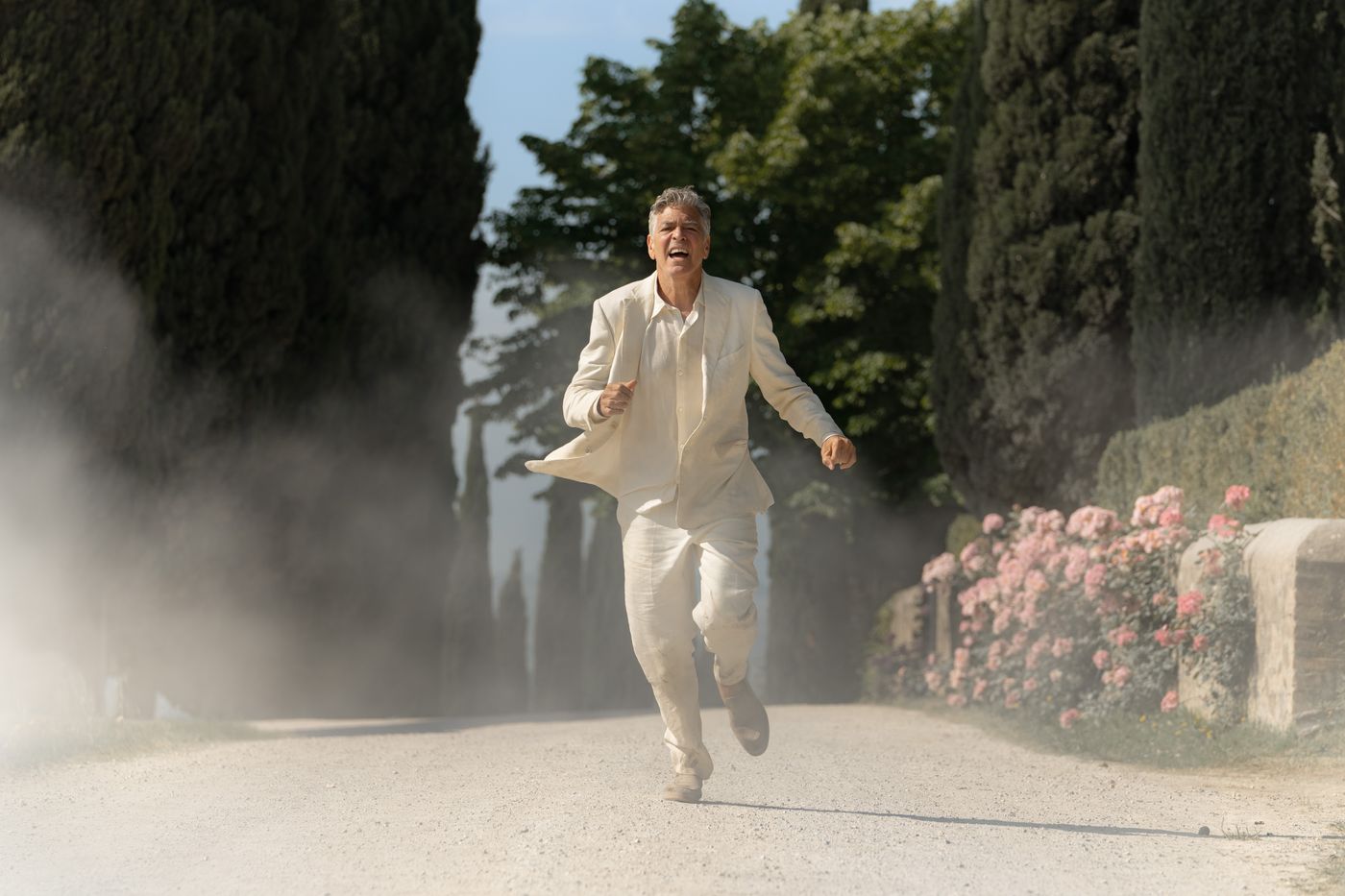
George Clooney gets a role perfectly suited to his strengths in Noah Baumbach’s gently ambling comedy about a movie star traveling through Europe in an effort to connect with his college-bound daughter. That sounds like a familiar set-up, and it is, but Baumbach and Clooney do something slyly counter-intuitive here: They make Clooney’s Jay Kelly a genuinely likable, pleasant, well-meaning, and charismatic guy. We see what draws people to him; we’re drawn to him ourselves. We see his heroism, his decency, his good nature… and thus do we also understand how he could somehow miss the fact that he’s ruined the lives of just about everyone around him through his neglect, his neediness, his submerged egomania and ambition. And Clooney, the most Teflon movie star we have, plays it all so perfectly.
Remake
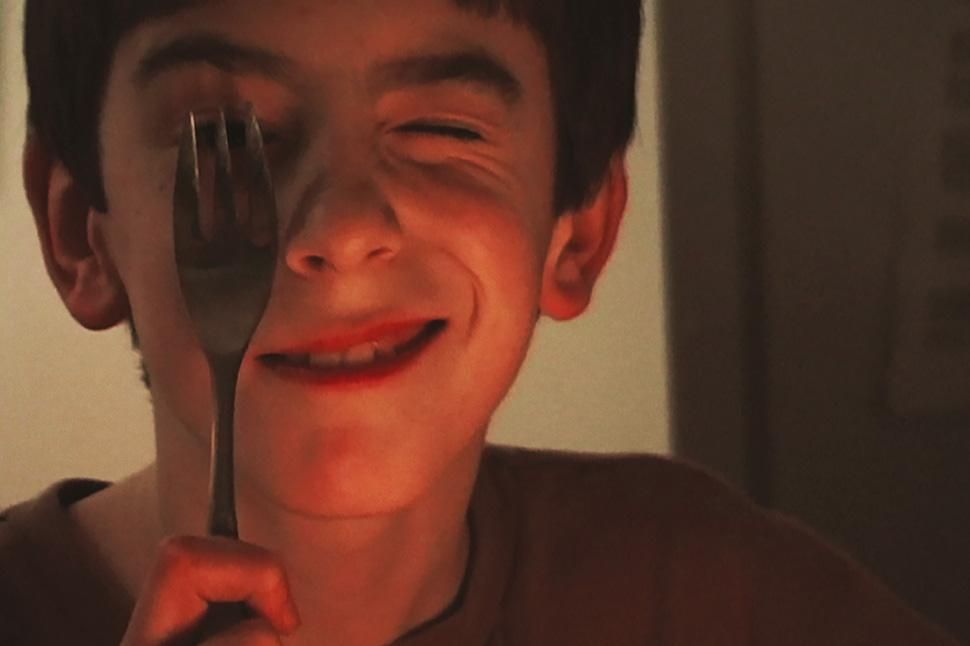
Ever since the 1980s, Ross McElwee has been documenting his own life and making films that combine personal exploration with historical and social phenomena. Expansive and entertaining movies like Sherman’s March and Bright Leaves and Time Indefinite have made us feel intimately familiar with this fascinating man who puts himself at the center of his pictures. McElwee hasn’t made a new film since the 2016 death of his son Adrian (whose struggle with addiction was one of the subjects of his 2011 release, Photographic Memory). Now, McElwee confronts his late son’s life and death in this heart-wrenching film that asks what part the director himself might have played in Adrian’s long slide downwards. It’s an unforgiving and beautiful picture, not the least because in exploring his son’s sad journey, McElwee goes over footage the young man (himself an aspiring filmmaker) shot, which turns Remake into a communion of sorts.
Scarlet
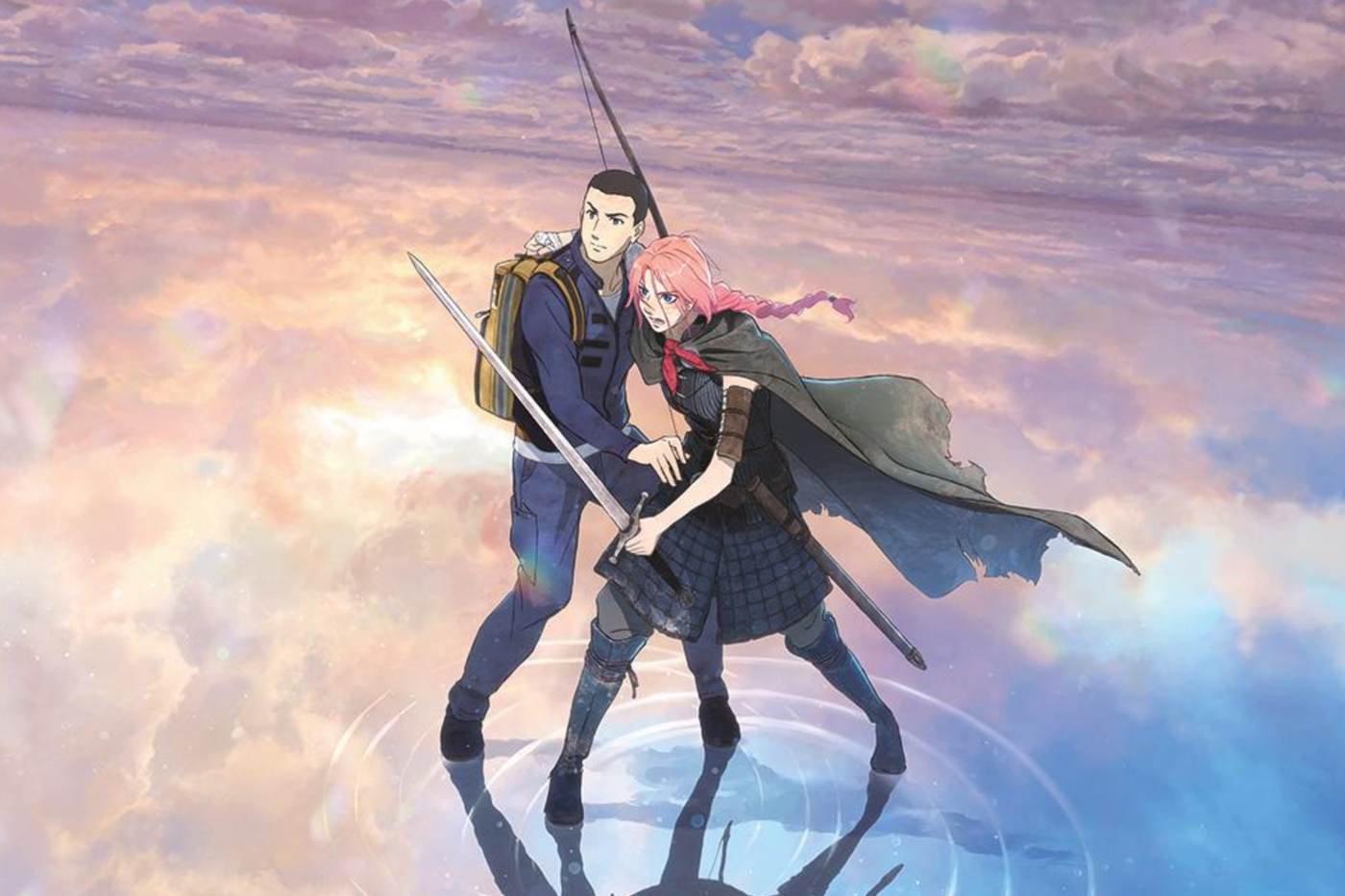
Mamoru Hosoda’s anime riff on Hamlet gives us a princess of Denmark hell-bent on killing the uncle who usurped the crown from her beloved dad. But this time, true to form, it wasn’t poison in the ear; it was a public execution via multiple swordsmen. Indeed, the Shakespeare evocations go only so far: After her initial attempt fails, vengeful warrior Scarlet finds herself stuck in a purgatorial wasteland, a dimension between death and eternity, where she connects with Hijiri, a kindly nurse from the 21st century who wound up in this half-life/half-death after a knife attack on a crowded Tokyo street. There are swordfights and fistfights and giant armies facing off against volcanic mountains, not to mention one incredibly intimidating giant dragon. Visually rapturous and moving even at its corniest moments, the whole thing is spectacular. See it on a big screen if you ever get a chance.
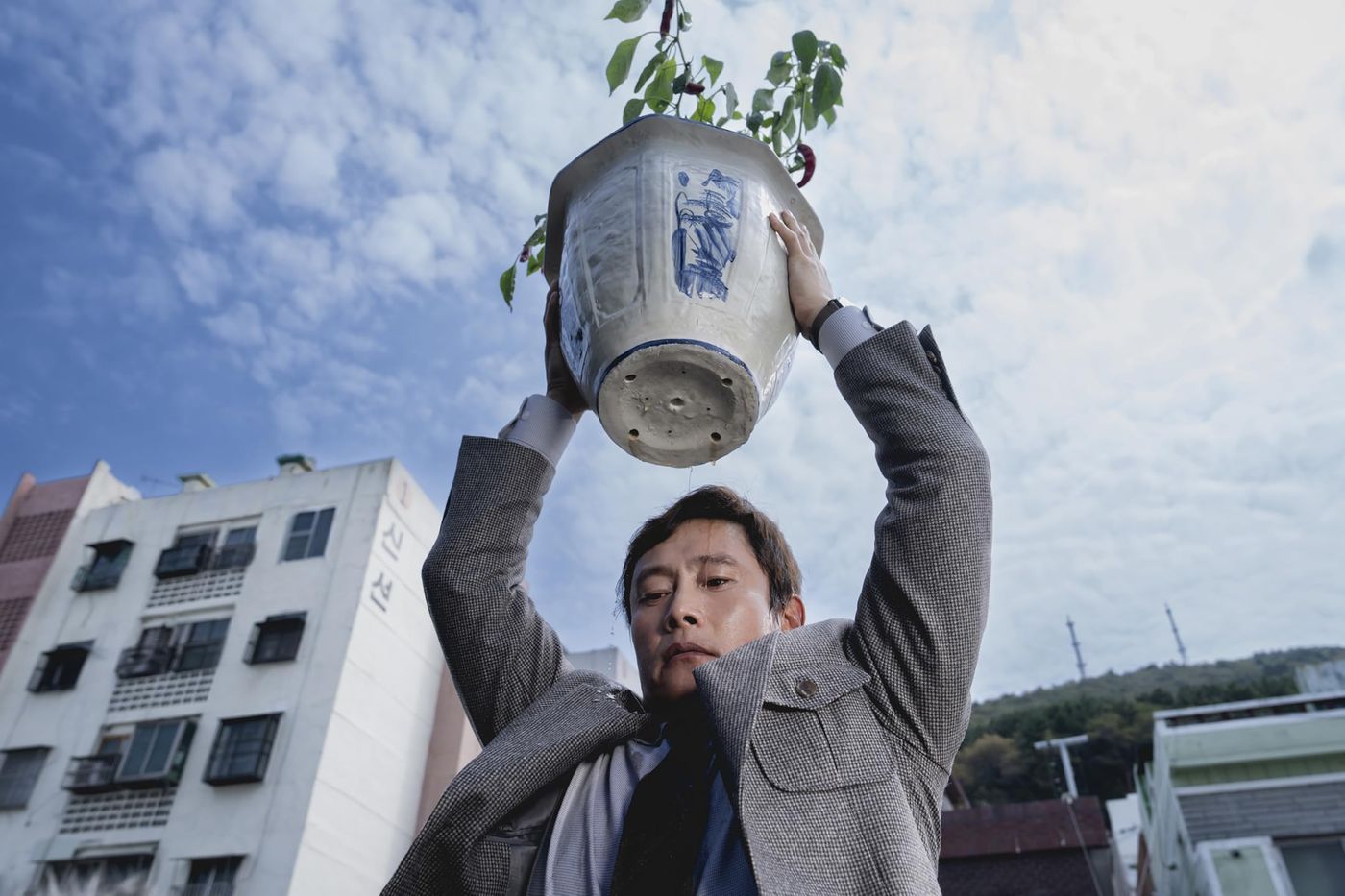
In adapting Donald Westlake’s 1997 novel The Ax (previously adapted by Costa-Gavras), Park Chan-wook brings his flair for surrealism and slapstick to a heightened noir satire. The story follows a happy family man whose life is upended when he loses his longtime position at a paper mill. Worried about applying for a new job in an industry that’s rapidly consolidating, he decides to kill his closest competitors for a new gig. Park leans into the all-or-nothing nature of capitalism, portraying a whole society in which a good job determines one’s self-worth. The absurdity of the film’s premise doesn’t seem so crazy when seen in such a context: In a world where employment can mean the difference between life and death, why shouldn’t one kill those who stand in the way?
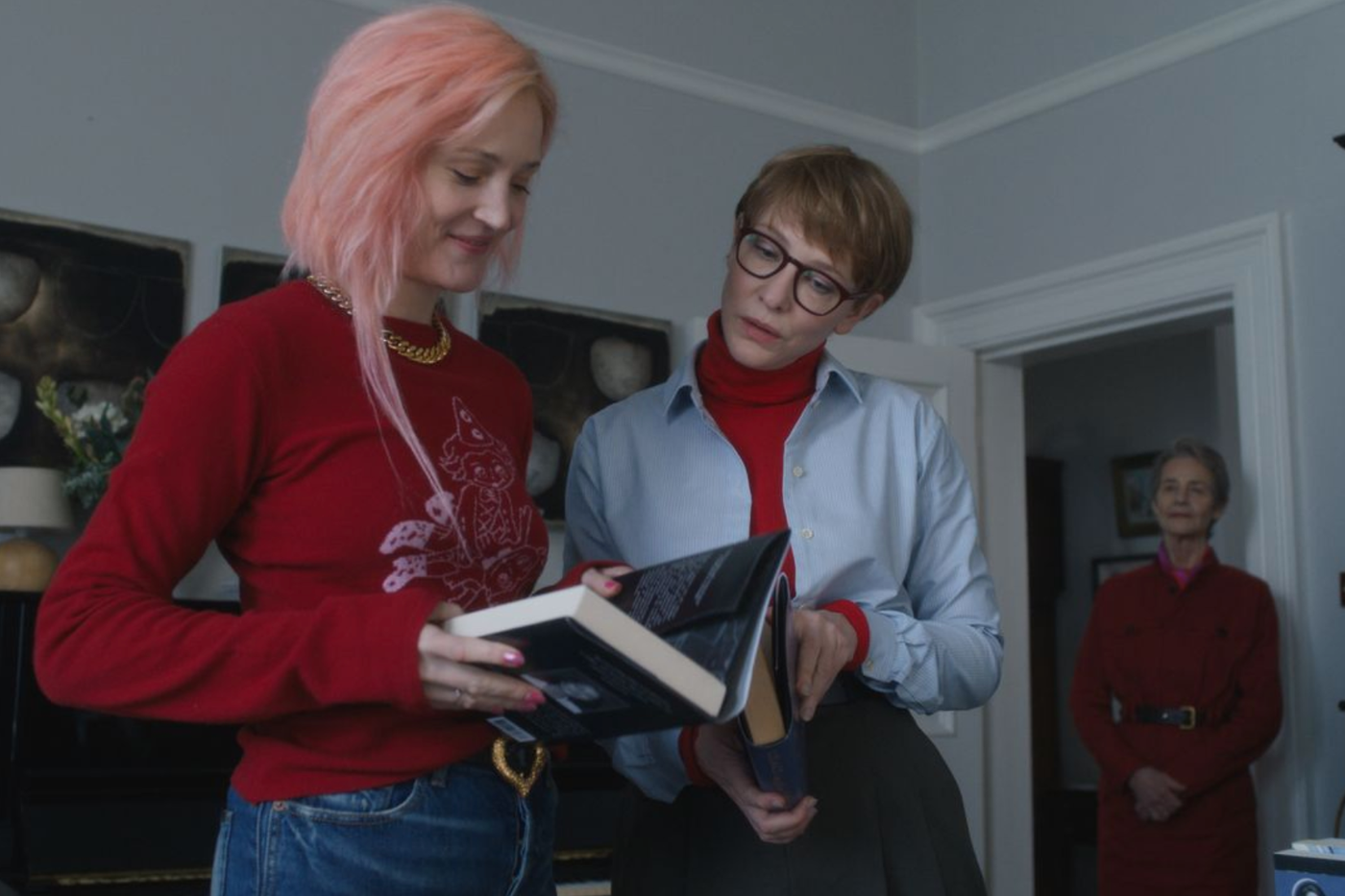
Jim Jarmusch’s absurdly simple but very moving new film — winner of this year’s Golden Lion prize — is an anthology of three exchanges, each involving grown children and their parents. In the first two episodes, two siblings meet up for a rare get-together with an aging parent they haven’t much kept up with; their conversations are awkward and full of empty pauses and it seems like everybody can’t wait to go back home. The final one involves a brother and sister making one last visit to the empty apartment where their now-deceased parents lived most of their lives. This is an emotionally charged structure (those who have recently lost family members may want to tread carefully), but Jarmusch is interested in more than just messages. Through the Zen simplicity of these stories, he reminds us that we’ll never really know each other, no matter how close we may be. There’s both pain and beauty in that idea.
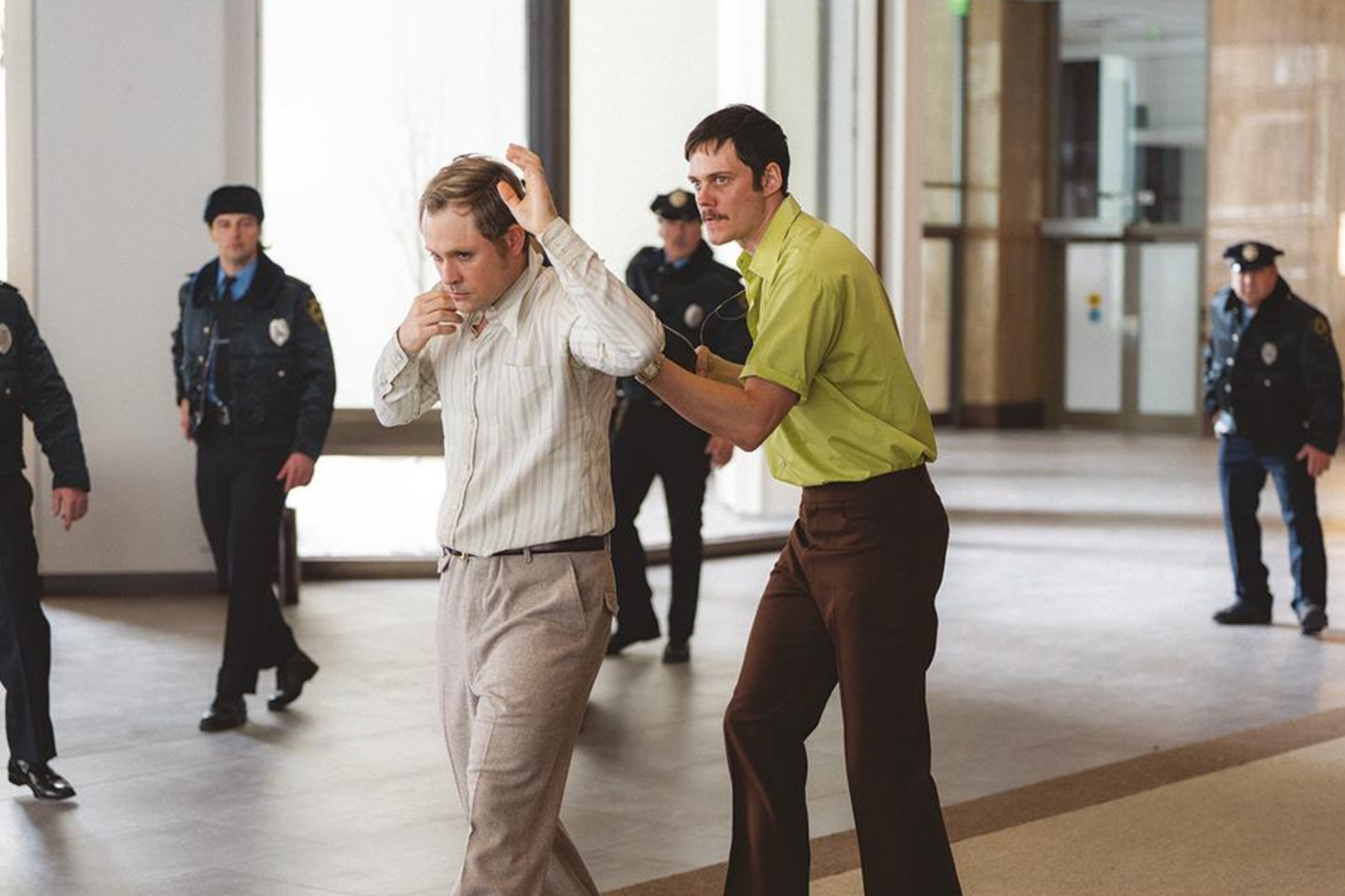
Gus Van Sant fills his real-life crime drama with 1970s atmosphere, but he also makes it clear he’s speaking to the present. An ambitious, failed, slightly nutty Indianapolis businessman (Bill Skarsgård) takes his broker (Dacre Montgomery) hostage, and demands five million dollars and an apology for the duplicitous run-around he got from the man’s mortgage company. This is an incident that genuinely occurred in 1977, but its atmosphere of capitalist disillusionment, of the downtrodden violently rising against the smug and the wealthy, immediately seizes the contemporary imagination. The film is part thriller, part satire, part historical reenactment — which also makes it an enormous challenge, which Van Sant handles with skill.
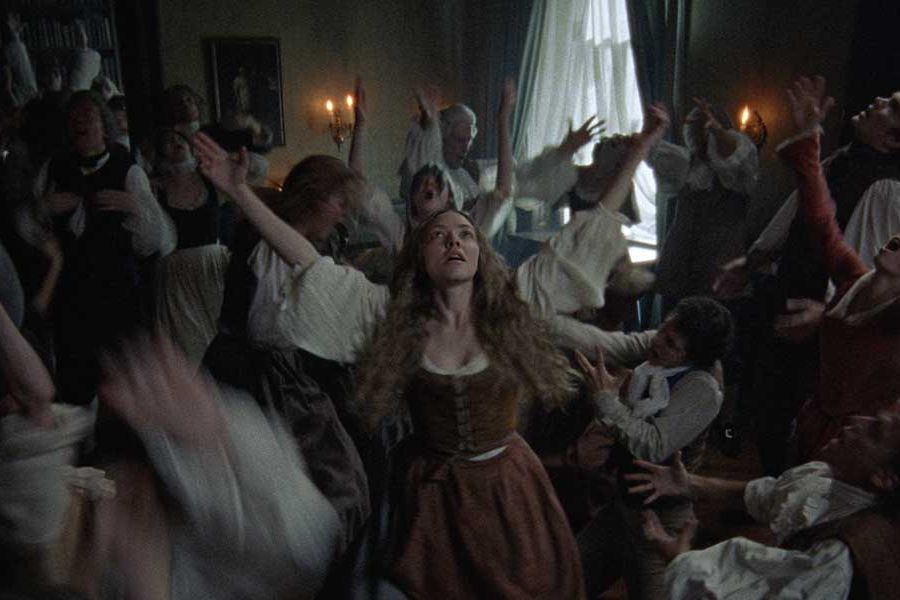
Mona Fastvold’s insane musical biopic about the creator of the Shaker faith (played by a stunning Amanda Seyfried) immerses us in the severe, revivalist sensibility of 18th century England and America, all the while presenting delirious musical numbers that mix traditional patterns with wild, modern moves — they’re sinewy, stomping, reverential, yearning, overwhelming. (Daniel Blumberg’s score, built out of rearranged versions of Shaker spirituals, helps immensely.) The film treads a very fine line: Fastvold clearly admires the Shakers for some of their more progressive beliefs as well as their resolute integrity in a world of conformity. But the musical numbers speak to the conflict at the heart of the faith (and at the heart of Ann Lee, based on what little we know of her): a community built on so much denial can never really find exaltation or happiness. Nevertheless, there’s beauty (and sorrow) in the attempt.
More From the 2025 Venice Film Festival
Anticipation can be a double-edged sword, but there were plenty of pictures I loved on this year’s lineup, including the Golden Lion winner.

